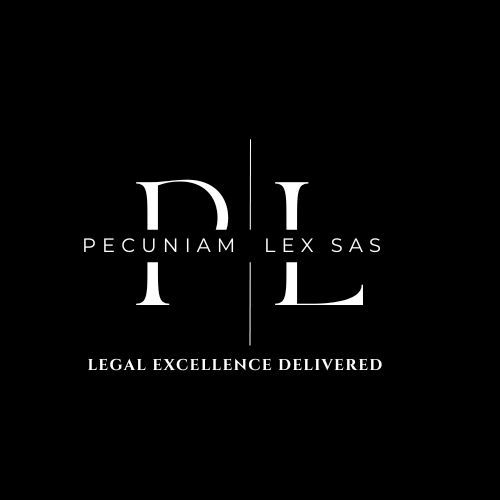The Role of Shelf Companies in Asset Protection Strategies
Phillips J. Diaz-Vicioso LL.M.
February 21, 2018
Minerva in her study (1635) by Rembrandt

In the complex landscape of asset management and protection, shelf companies stand out as a pivotal tool for individuals and businesses aiming to safeguard their assets. These pre-registered entities, which have been set up but have not conducted any business or activity, offer a strategic advantage in asset protection plans. This article delves into how shelf companies can be utilized in asset protection strategies, highlighting their benefits, potential uses, and considerations for effective implementation.
Understanding Shelf Companies
A shelf company, also known as a ready-made or aged company, is a corporation that has been established by a provider who holds it until it is sold to a client. The term "shelf" refers to the company being kept "on the shelf" until it is purchased. The main appeal of a shelf company lies in its age; older companies often carry more credibility with banks, investors, and partners.
Asset Protection Strategies
Asset protection strategies are designed to safeguard assets from potential claims by creditors, lawsuits, or judgments. By strategically structuring the ownership and control of assets, individuals, and businesses can minimize risk and ensure the longevity and security of their wealth.
Role of Shelf Companies in Asset Protection
Immediate Operational Status
One of the key advantages of utilizing a shelf company in asset protection strategies is the immediate operational status it provides. Since the company already exists and is registered, it can engage in business activities, open bank accounts, and enter into contracts much faster than a newly incorporated entity.
Enhanced Credibility
Shelf companies often benefit from perceived credibility due to their age. This can be advantageous in establishing banking relationships or engaging in negotiations, as counterparties may view an older company as more reliable and established.
Privacy and Anonymity
Using a shelf company can offer a layer of privacy and anonymity for asset owners. By transferring assets into the name of the shelf company, individuals can keep their ownership discreet and protect their personal information from public records.
Legal and Tax Planning
Incorporating a shelf company into asset protection strategies can facilitate legal and tax planning. Depending on the jurisdiction, shelf companies can offer tax optimization opportunities and compliance with legal frameworks that favor asset protection.
Considerations for Using Shelf Companies
While shelf companies offer significant advantages in asset protection, several considerations must be taken into account:
Due Diligence: Ensure the shelf company has no prior liabilities or legal issues. Conducting thorough due diligence before acquisition is crucial.
Compliance and Maintenance: Comply with all legal and regulatory requirements in the jurisdiction of incorporation, including annual filings and maintenance of corporate records.
Professional Advice: Consulting with legal and financial advisors who specialize in asset protection and corporate law is essential to tailor the use of a shelf company to your specific needs and goals.
Conclusion
Shelf companies present a viable and effective component of asset protection strategies, offering immediate operational capabilities, enhanced credibility, privacy, and opportunities for legal and tax optimization. By understanding the benefits and considerations associated with their use, individuals and businesses can make informed decisions on integrating shelf companies into their broader asset protection and wealth management plans. As always, the key to success lies in meticulous planning, due diligence, and professional guidance to navigate the complexities of asset protection.












